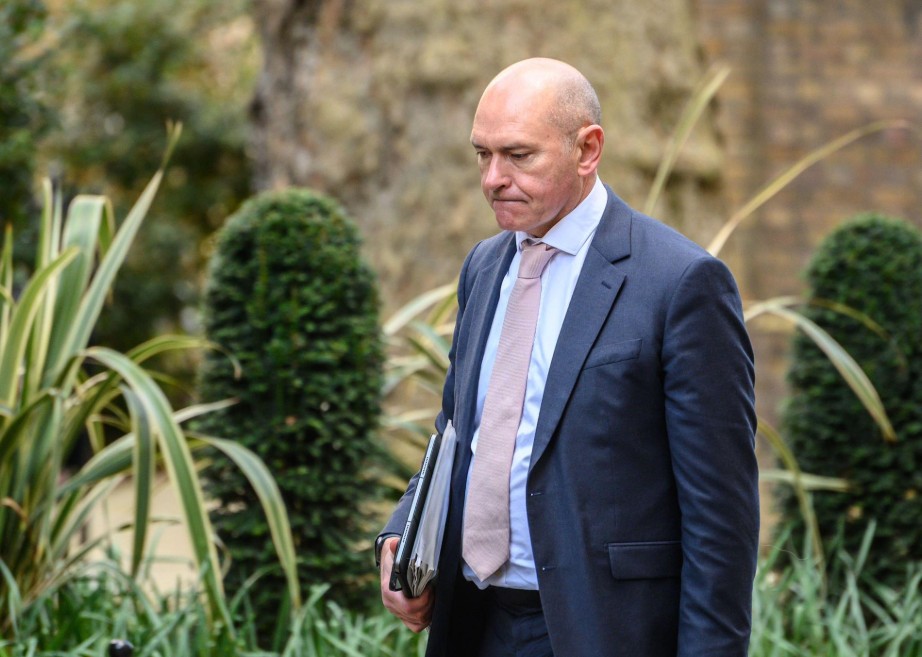The government has confirmed plans to make around 18,000 NHS administrative staff redundant after striking a deal with HM Treasury over funding.
The Department of Health and Social Care (DHSC) has been allowed to overspend by roughly £1 billion this fiscal year to cover redundancy payments, aiming to save £1 billion annually by the end of this Parliament.
Health Secretary Wes Streeting had sought exigency backing from Chancellor Rachel Reeves, but was rather allowed to temporarily overspend to push forward the pool cuts.
Speaking at the NHS Providers conference in Manchester, Streeting comforted staff and taxpayers that the changes aim to streamline NHS administration while guarding frontline services.
“The government is protecting investment in the NHS at the Budget, worth an extra £29bn to the health service. I want to reassure taxpayers that every penny they are being asked to pay will be spent wisely,” Streeting said.
NHS Cuts and Job Losses
The planned restructure includes bringing NHS England back under DHSC within two years, reducing duplication between the two organisations.
Also, headcounts in Integrated Care Boards (ICBs), responsible for planning original health services, are set to be cut by 50, raising concerns among staff about workload and case care.
Streeting highlighted that, despite the cuts, the NHS has already made progress: “We have already cut waiting lists for the first year in 15 years, recruited 2,500 more GPs, and cut ambulance waits for patients with conditions like heart attacks and strokes.
Our investment to offer more services in the evenings and on weekends, arm staff with modern technology, and improve staff retention is working.
At the same time, cuts to wasteful spending on things like recruitment agencies saw productivity grow by 2.4%, we are getting better bang for our buck.
We’re now pushing down on the accelerator and slashing unnecessary bureaucracy to reinvest the savings in frontline care.
It won’t happen overnight, but with our investment and modernisation, we will rebuild our NHS so it is there for you when you need it once again.”
Sir Jim Mackey, Chief Executive of NHS England, welcomed the announcement, saying the changes would provide certainty for staff and free up resources to improve patient care: “This is good news for NHS staff and patients, allowing our organisations to move forward and provide greater certainty about the future for all our staff and leaders.

It will free up resources to invest in frontline services and reduce unnecessary bureaucracy that slows us down. We are pulling out all the stops to support the service through winter, making progress on elective and urgent care targets.”
Concerns About NHS Redundancies
However, not everyone is convinced. Patricia Marquis, Executive Director of the Royal College of Nursing (RCN) in England, warned that the NHS redundancy programme could have unintended consequences: “Dismantling years of work takes thought and planning, but the government and NHS England have failed to appreciate the scale of the risk or to plan to mitigate these risks.
The government’s reforms need people who are not just clinical experts, but also those who know their way around the health and care systems to ensure patients can access the best possible care.
Frontline services need more investment, but to do this on the backs of making thousands of experts redundant is a false economy.
Expert registered nurses don’t just run vital public health programmes and oversee care for the vulnerable; they connect the NHS and social care services. To imply these are mere administrators shows a lack of understanding of their roles.
We need detailed plans on how patient care will be maintained while losing so many nursing experts and how exactly this funding will be used to improve services and tackle issues like corridor care.”
Impact on Patients and Services
The NHS budget reduction represents one of the largest executive cuts in recent times. While ministers argue it’ll reduce waste and bureaucracy, unions and staff groups advise it could stretch formerly trespassing brigades and impact case care.
With downtime approaching, the public and NHS staff will be watching closely to see if the redundancy strategy achieves its aim of perfecting effectiveness, or whether it leaves the system under pressure at the frontline.
Some experts have also raised concerns about the rising financial pressures on the NHS, including a growing medical negligence bill, which could add further strain on staff and resources.






